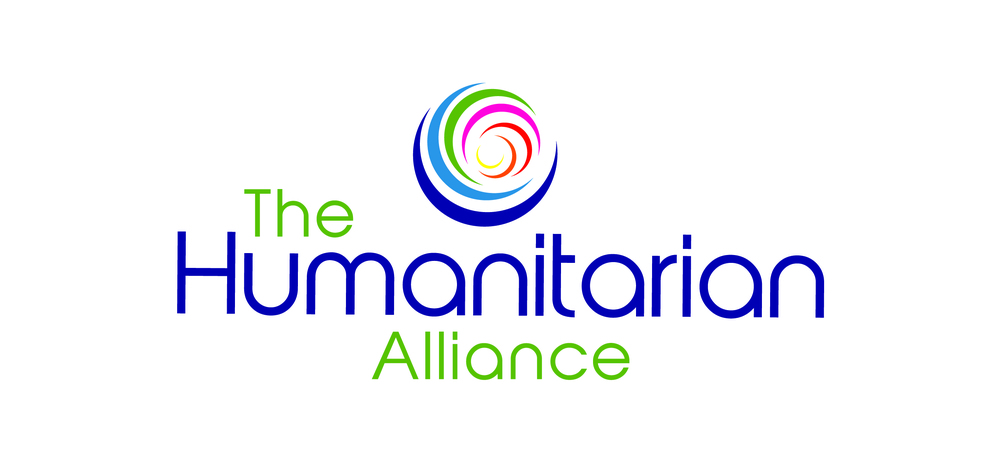Ethics First
Ethical principles are proclaimed as important by various public and private institutions. But the actual day-to-day practices of many schools, heath care facilities, criminal justice systems and professional organizations demonstrate only lip-service to ethical ideals. While concepts like fairness, autonomy, honesty, diversity and sustainability are talked about, the slow, bureaucratic grind of corporate operations proves otherwise. The constant dehumanization of students, workers, patients, citizens, families and communities mock the very values expressed in professional ethical codes, handbooks, manuals, mission statements, and marketing campaigns.
THA invites us to prioritize humanitarian principles in our everyday activities. As best we can, and as often as we are able, we try to do what is right. We care about how our actions impact those around us. We care about how our choices affect the world. We care about ourselves. We care.
Values are not abstract ideas to be ignored when inconvenient. Nor should they be brandished like weapons merely to feel superior. We are humans, which is to say, we are fallible. We make mistakes—it's unavoidable. But we shouldn't confuse personal imperfection with intentional organizational dishonesty. While goals for structure, revenue, scientific evidence, influence, and authority all have a place in life, they should never take precedent over the compassionate, ethical treatment of ourselves and others.
That's the principle of ethics-first.

